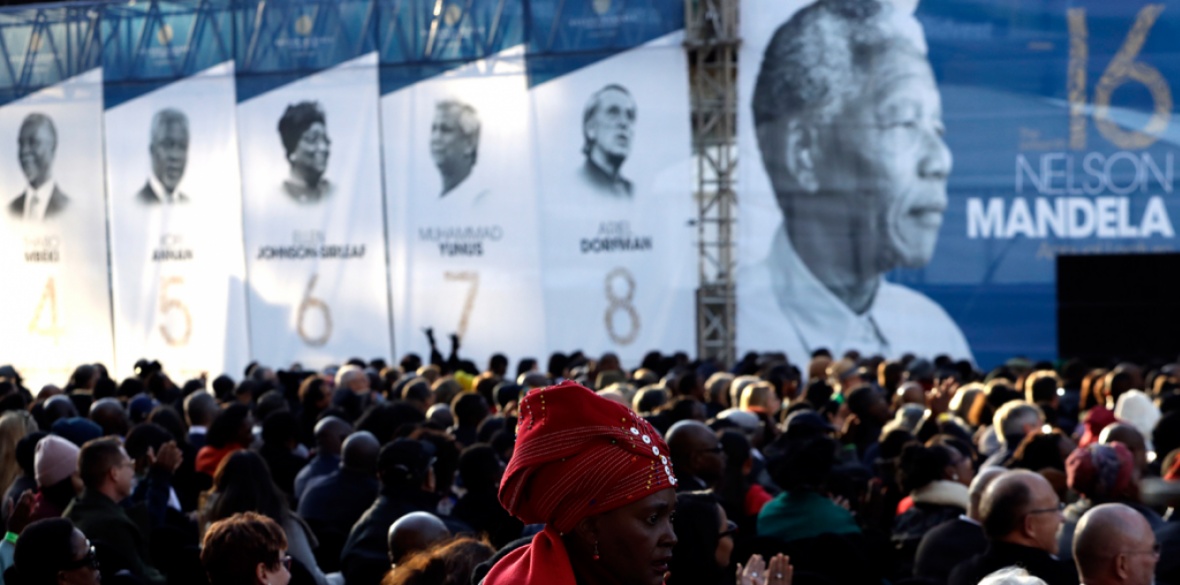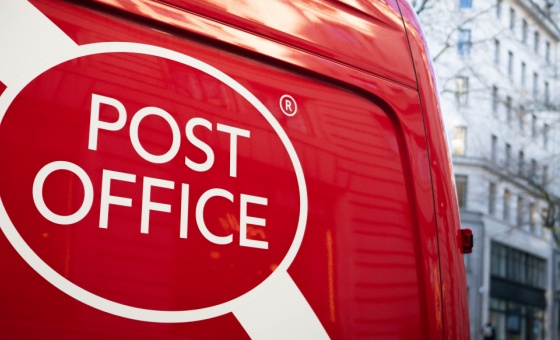This is the last article you can read this month
You can read more article this month
You can read more articles this month
Sorry your limit is up for this month
Reset on:
Please help support the Morning Star by subscribing here
WORLD leaders and international organisations paid tribute to South African liberation movement icon Nelson Mandela today to mark the centenary of his birth.
The revolutionary leader who became his country’s first post-apartheid president was hailed as a beacon of hope and an inspiration for the world. The United Nations issued a call to “reflect on his life and legacy.”
South African Communist Party general secretary Blaze Nzimande described Mr Mandela as “a brave and courageous soldier, patriot and internationalist who, to borrow from Che Guevara, was a true revolutionary guided by great feelings of love for his people, an outstanding feature of all genuine people’s revolutionaries.”
July 18 was declared International Nelson Mandela Day by the United Nations general assembly in 2009.
However, while now almost universally recognised as a global symbol of freedom and democracy, Mr Mandela’s cause was not always supported by those now showering him with praise.
The United States had him on a “terrorist watch list” as late as 2008, just five years before his death in December 2013.
He, along with other members of the African National Congress (ANC) government, had to apply for permission to enter the US, with the State Department judging requests on a case-by-case basis.
In Britain, while trade unionists and anti-apartheid activists campaigned for his release, Conservative Party students famously wore “Hang Mandela” T-shirts and Prime Minister Margaret Thatcher branded him a terrorist.
Amnesty International famously refused to campaign for Mr Mandela’s freedom because of his involvement in armed struggle.
He spent 26 years in prison, with long periods in isolation on Robben Island, after being convicted of sabotage and treason in 1964.
South African President Cyril Ramaphosa was joined by members of Mr Mandela’s family as he opened a clinic in the former leader’s birthplace, the Eastern Cape town of Mvezo.
Labour federation Cosatu said Mandela Day came at a time when “the world is in dire need of inspiring and visionary political leaders.”
Spokesman Sizwe Pamla warned that, despite the fall of apartheid, South Africa’s economy is still “dominated by a white minority,” and condemned the corporate world for using Mr Mandela’s legacy “as a PR stunt.”
Referring to the late leader by his popular nickname, Mr Pamla said: “Keeping the legacy of Madiba alive is about supporting policies that tackle poverty, disease, lack of education and general underdevelopment that apartheid bequeathed to the black majority of South Africans.”











